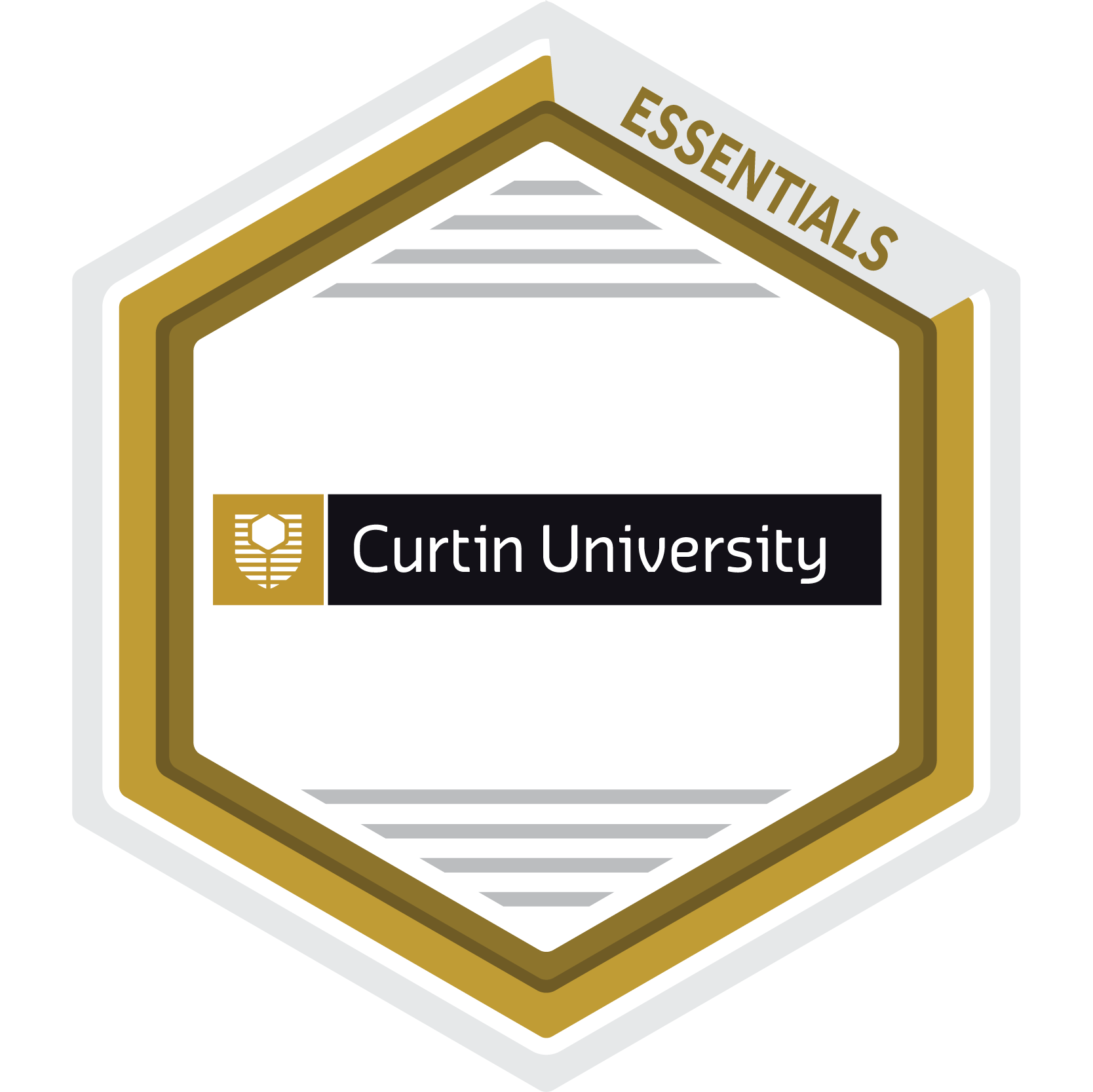Y 2022 Psychosocial Interventions for Patients with a Chronic Illness
Started Aug 16, 2022
5 credits
Sorry! The enrolment period is currently closed. Please check back soon.
Full course description
How can you help people with chronic illness when complete recovery is not possible?
Working with patients who have a chronic illness is about more than treating the physical symptoms. Part of the process is understanding the relationship between psychological and social factors and the impact they can have on a person's mental and physical wellbeing.
With chronic illnesses becoming more common, there is an acute need for a multidisciplinary approach that understands the high levels of distress these conditions can cause and make best use of the wide range of effective psychosocial interventions and therapies available to treat patients.
To be successful in this credential you will need experience in:
- a degree in any discipline or several years' experience of working in a related profession
This credential is particularly suitable for:
- Health professionals working in nursing, occupational therapy, social work, speech pathology, physiotherapy, sexology, psychology, health promotion, dietetics or public health.
- University students and graduates who wish to learn more about fundamnetal aspects of psychology in the work.
- Businesses aim to provide a professional development for employees in regards to the fundamental aspects of psychology in their work.
By completing this credential you will learn to:
- identify signs of distress and the psychosocial impacts of chronic illness
- examine therapeutic approaches to managing psychosocial impacts
- investigate types of psychosocial interventions available
- examine the efficacy of different therapies and interventions
Key Topics
Module 1 – Distress and Chronic Illness
Chronic illness can bring about high levels of distress throughout the trajectory of the illness. This distress occurs for patients, as well as their carers, family members and friends.
Module 2 – Therapeutic Approaches
Psychosocial interventions incorporate different approaches to help people cope with the challenges of having a chronic illness. In this module we'll look at the main therapeutic approaches.
Module 3 – Types of Psychosocial Interventions
Psychosocial intervention can consist of a range of components. In this module we cover the various approaches, as well as what interventions are relevant for specific contexts.
Module 4 – Efficacy of Psychosocial Interventions
Most types of interventions are effective in reducing depression, anxiety, overall psychological distress, and improving quality of life.
Assessment
To successfully complete this credential, you are required to pass a final assessment. In this final assessment you will review and respond to a series of clinical demonstrations of Cognitive Behavioural Therapy (CBT) therapeutic approaches.
Once you successfully complete and pass the final assessment, you'll earn a digital badge that is instantly shareable to your social networks (including LinkedIn) which showcases your new skills and knowledge mastery.

This credential provides foundation knowledge in a discipline and doesn't require previous knowledge.
You will also earn 5 credit points which are in line with Australian Qualification Framework Level 8 criteria, ensuring comprehensive theoretical and/or technical knowledge of the credential.
Curtin Credentials focus on five themes, which have been carefully curated based on what's most relevant and valuable to professionals today, and in the future. This credential fits within the following theme:

Learn skills and strategies to make effective change in your workplace and become a persuasive thought leader in your career.
For more information on this, or any other questions about Curtin Credentials, email us at curtincredentials@curtin.edu.au or call Curtin Connect at 1300 222 888.
*Curtin may cancel or reschedule a credential at any time and for any reason as it sees fit. The Start Date and the other details of this credentials are provided as a general guide only and may change from time to time.
✝This credential involves one day of instruction, however to pass and gain five credit points, you will need to commit further time to complete the full set of learning activities including (but not limited to) self-guided study and research, extension readings, activities and the final assessment activity.
^Learning is done completely online.
§Price subject to change. Please check price at time of purchase.






